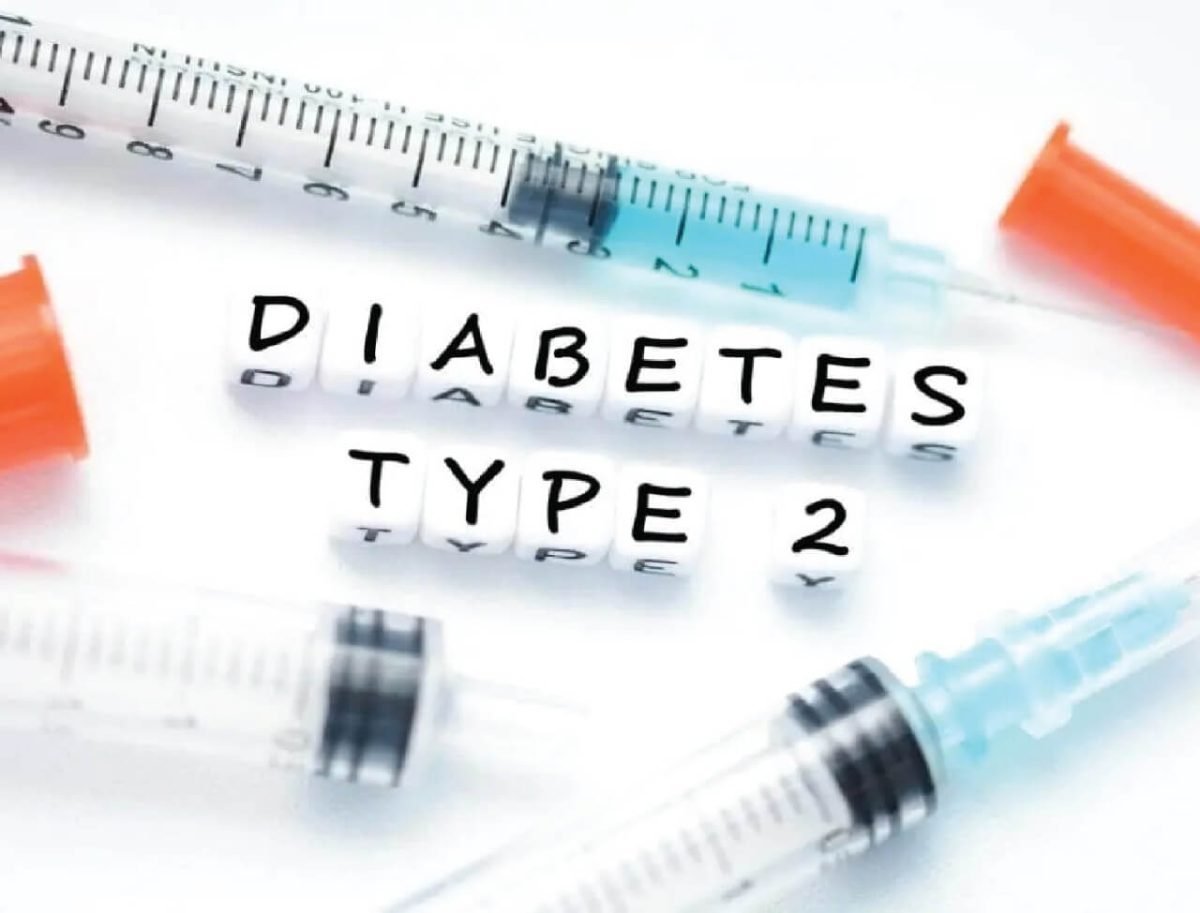
Obesity in Pakistan
June 28, 2022
Lung Cancer
August 23, 2022
Obesity in Pakistan
June 28, 2022
Lung Cancer
August 23, 2022Published by Sindlab on July 26, 2022

When blood sugar levels are too high, it can lead to serious health complications such as heart disease, stroke, and kidney failure.
Did you know that one in eleven people have diabetes? If you, or someone you know has diabetes, you know that it can be a difficult disease to manage. There is a lot of information about diabetes, and it can be hard to know where to start
In this guide, we will provide you with everything you need to know about diabetes. We will discuss the different types of diabetes, how to manage the disease, and ways to prevent complications. We hope this guide will help you understand diabetes to manage it better for yourself or your loved one
What is diabetes?
Diabetes is a condition that occurs when the body does not produce enough insulin or is unable to use insulin properly. Insulin is a hormone that helps regulate sugar levels in blood. When blood sugar levels are too high, it can lead to serious health complications such as heart disease, stroke, and kidney failure
There are two main types of diabetes: Type I and Type II
Type I diabetes:
Type I diabetes, also known as juvenile diabetes or insulin-dependent diabetes, occurs when the body does not produce any insulin. People with type I diabetes must take daily insulin injections to control their blood sugar levels
Type II diabetes:
Type II diabetes, which is the more common type, occurs when the body does not produce enough insulin or is unable to use insulin properly. This form of diabetes can often be managed with diet, exercise, and oral medication. However, some people with type II diabetes may also need to take insulin injections
Symptoms of diabetes
The most common symptoms of diabetes are increased thirst, frequent urination, and fatigue. Other symptoms can include blurred vision, slow healing wounds, and tingling in the hands or feet. If you experience any of these symptoms, it is important to see your doctor right away
Diagnosis
If you have diabetes, your blood sugar levels would be too high. To diagnose it, your doctor will order a fasting blood sugar test. This test measures your blood sugar levels after you have fasted for at least eight hours
A normal fasting blood sugar level is less than 100 mg/dl. If your fasting blood sugar level is between 100 and 125 mg/dl, you have pre-diabetes. Pre-diabetes means that your blood sugar levels are higher than normal but not high enough to be diagnosed as type diabetes yet. If your fasting blood sugar level is 126 mg/dl or higher, you have type II diabetes.
Your doctor may also order an HbA1c test. This test measures your average blood sugar levels over the course of two to three months. An HbA1c level of ≥ 6.5 mg/dl indicates that you have diabetes
How to treat diabetes
There is no one-size-fits-all answer to this question, as the best way to manage diabetes will vary from person to person. However, there are some general tips that can help you keep your diabetes under control. Here are some ways you can use to treat your diabetes:
1. Insulin therapy
Insulin therapy is the most common treatment for type I diabetes and can also be used to treat type II diabetes. People with type I diabetes cannot make insulin, so they must take it as injections or through an insulin pump
2. Medications
Medications are often used to treat type II diabetes. These medications help the body use insulin more effectively or lower the amount of sugar produced by the liver. Commonly prescribed medications include metformin, sulfonylureas, and thiazolidinediones
3. Maintaining a healthy lifestyle
Lifestyle changes are important for all types of diabetes. Eating a healthy diet, getting regular exercise, and maintaining a healthy weight are all important for managing the disease. People with diabetes should also monitor their blood sugar levels and take steps to prevent complications, such as heart disease, stroke, and kidney disease
How to prevent diabetes
Although diabetes cannot be cured, it can be controlled. There are many things you can do to prevent or delay the onset of diabetes. Keeping a healthy weight by eating a healthy diet and getting regular exercise can all help reduce your risk of developing diabetes
If you have already been diagnosed with diabetes, there are still things you can do to avoid further complications. Actively managing your blood sugar levels, taking medication as prescribed, not smoking and seeing your doctor regularly can help you avoid serious health problems
Diabetes in Pakistan
Pakistan is one of the countries with the highest rates of diabetes in the world. According to the International Diabetes Federation, there are an estimated 8.1 million people living with diabetes in Pakistan, and this number is expected to rise to 12.9 million by 2035. The majority of people with diabetes in Pakistan are between the ages of 40 and 59, and a significant proportion is over 60
The high prevalence of diabetes in Pakistan is due to a number of factors, including genetic predisposition, unhealthy diet, sedentary lifestyle, and increasing obesity rates. Diabetes is also more common in certain ethnic groups, such as Punjabis and Sindhis
Uncontrolled diabetes can lead to serious health complications, including heart disease, stroke, kidney failure and blindness. Diabetes is a major burden on the healthcare system in Pakistan, and it is estimated that the country spends around Rs. 320 billion (US $1.5 billion) on diabetes-related health expenses each year
The Bottom Line
Diabetes is a serious disease, but it can be controlled with the right management. By following healthy eating patterns, taking medication as prescribed, and monitoring your blood sugar levels, you can help prevent more serious complications. There are many resources available so seek help when you need it to live a healthy life!
Published by Sindlab on July 26, 2022

